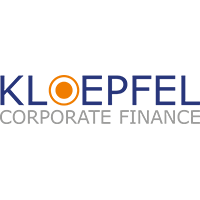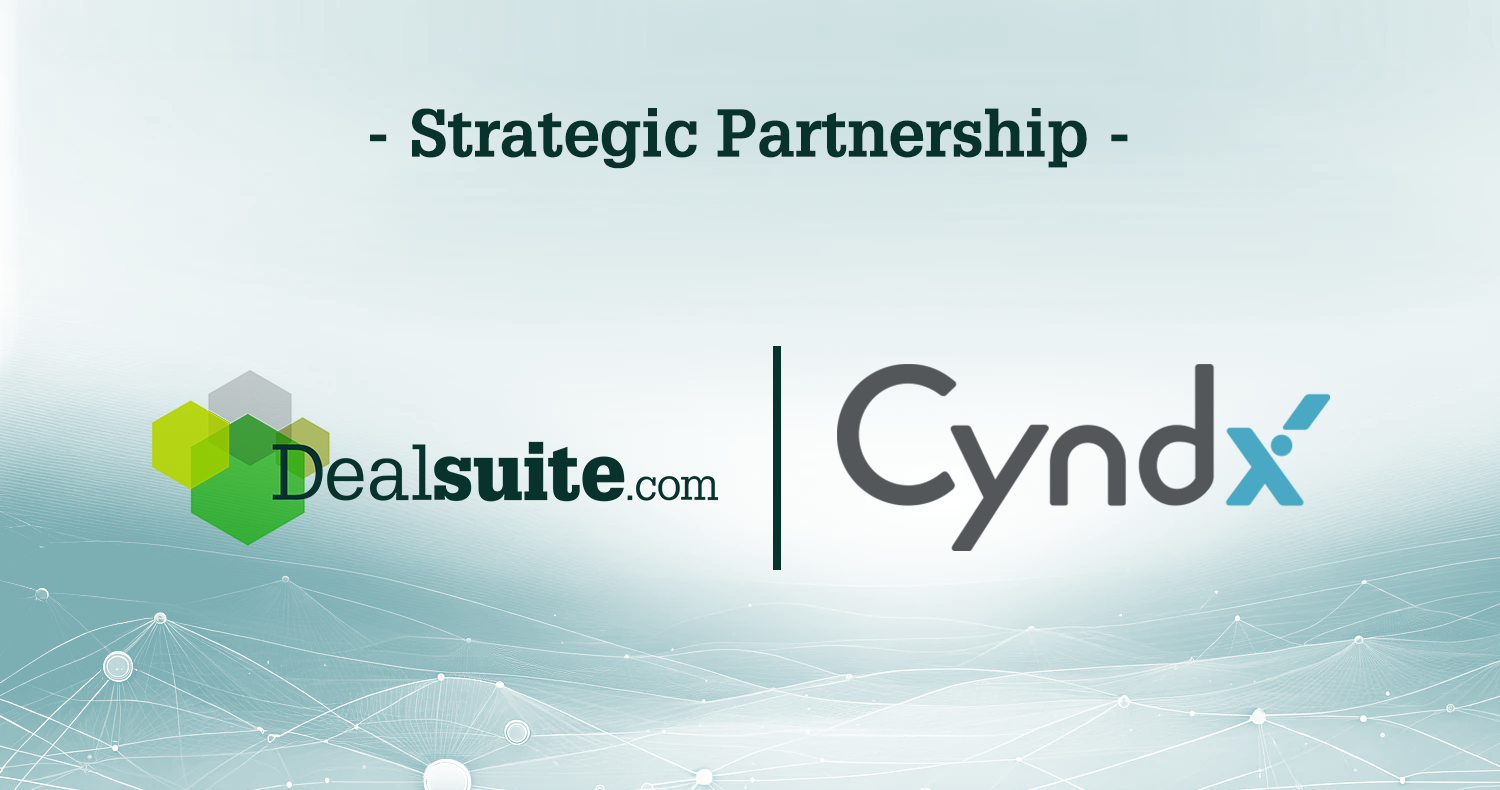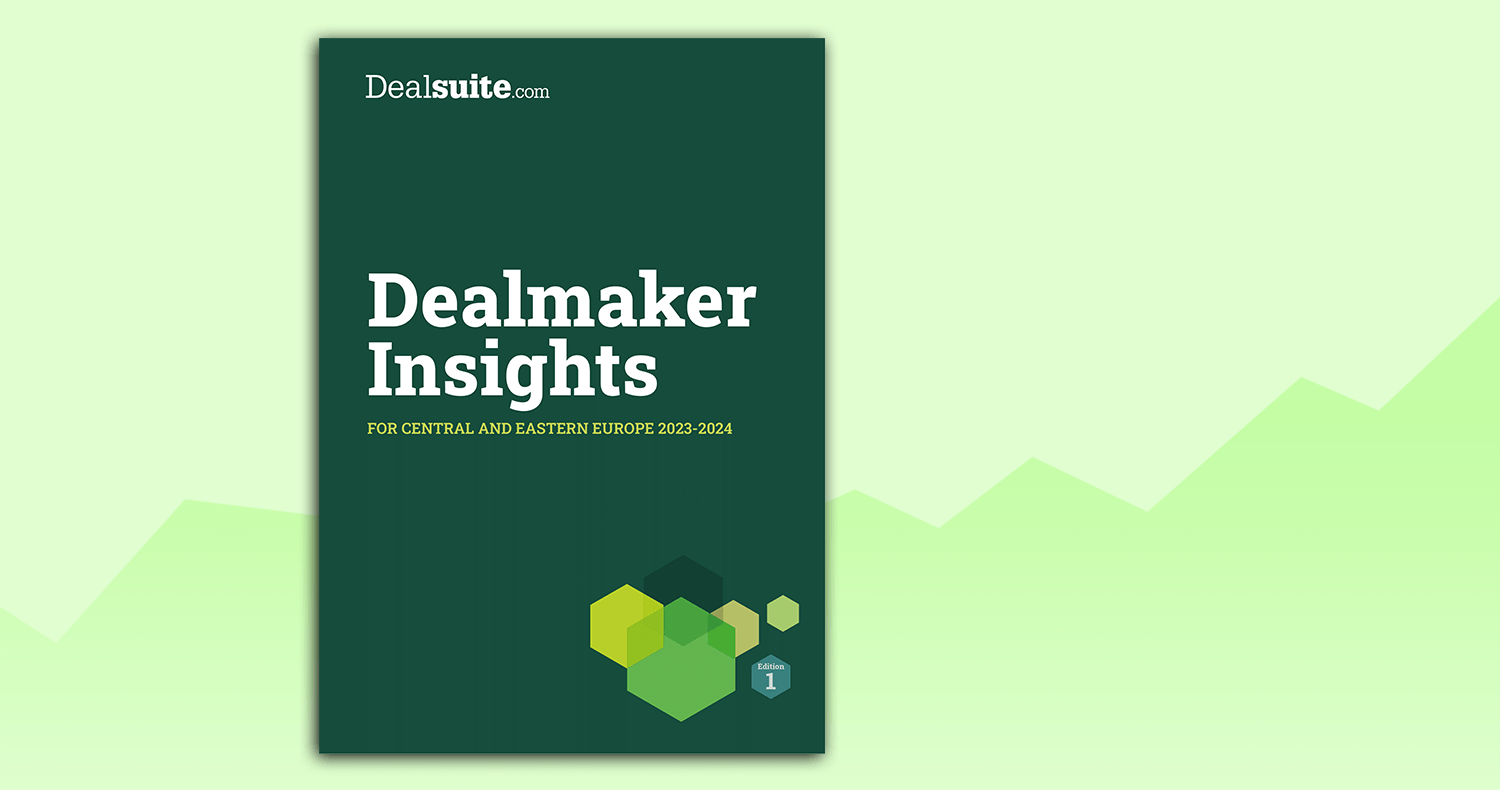'Innovative tooling helps us to find the best match'
In a tumultuous year for M&A, Kloepfel CF came into the spotlight with a number of high-profile transactions. The Munich-based boutique is a business unit of the international Kloepfel Group. It focuses on Mergers & Acquisitions in the SME segment and advises and supports national and international companies, family offices and private equity funds in their transaction matters, both on the buy- and sell- side. It also advises on related financing issues. The firm was founded by Heiko Frank in 2016.
In August of this year, Kloepfel CF advised the shareholders of MULTIMON Group, a provider of automatic fire extinguishing systems, when they divested their shares through a management buy-out facilitated by Deutsche Beteiligungs AG (DBAG). In September it successfully supported the IPO of VIA optronics, a German provider of integrated display and sensor technology, on the New York Stock Exchange. For Frank, it underscores the competitive advantage of Kloepfel CF: ‘We may be a boutique firm, but we can rely on 300 consultants of the Kloepfel Group. I can get immediate, expert information on sectors, players, supply chains, and other topics. That truly differentiates us from other M&A boutiques.’
What is Kloepfel CF's positioning in the German M&A sector?
‘We are one of the very few M&A boutiques in Germany that is able to provide full services for an IPO in New York. We focus on small- and mid-cap companies and work on six to ten deals a year. Although we are sector-agnostic, we have a strong preference for everything related to B2B and industrial goods. We are in a number of B2C markets, such as fast moving consumer goods, food and beverage and everything related to entertainment and leisure. In terms of deal size, we don’t start a mandate below a transaction volume of 20 to 25 million euro. I don’t want to focus too much on revenue, but on average, for B2B businesses, our sweet spot is between 25 and 250 million euro. Out of ten deals, at least eight are sell-side and a maximum of two are buy-side mandates. About 80% of our clients are family-owned businesses. Typically, we sell majority or minority shares to PE companies and Family Offices.’
Around 70% of your deals have a cross-border component. Do you feel that M&A in the German SME-sector is becoming increasingly international?
‘After the crisis of 2008, there was a strong and fast recovery. A lot of global companies were considering to invest in German companies. I think there are three reasons why foreign companies like to invest in Germany: market access, technology, and buying a brand. That is why we’ve seen a dramatic increase in investors from abroad over the last 10 years. Not just from China, but also from the US and Canada and obviously other European countries. Market access and technology speak for themselves. As for the brands: often, even a German mid-cap company is in its respective niche an international global player. Moreover, more transparency and digital innovation are fostering cross-border deals. Digitalisation of M&A and the rise of digital platforms make it much easier to assess foreign targets. It works both ways: foreign investors have access to information about German businesses and for us it is a lot easier to spot targets abroad. For instance, we are listed on a Japanese platform for buy- and sell-side. And we can easily compete with a German bidder against a South-Korean bidder. Even the M&A-industry itself is evolving into an international network. Around 80% of our employees have international experiences.
Which digital tools and platforms do you use?
‘We always search globally and rely on databases like S&P Capital IQ, Thomson Reuters, Pitchbook and Dealsuite. We also use virtual data rooms such as Merrill Intralinks or Firmex. We use the identical basic instruments like larger M&A advisors and investment banks such as Lazard, Deutsche Bank, Commerzbank or Rothschild. For us, it is more expensive in relation to our size, but if we don’t use these services, we limit ourselves in terms of added value for our clients. The ultimate goal is to find the best match for our clients, and for that we use the innovation coming from companies like Dealsuite. We want to invest in digitizing every step in the M&A process. Of course, we will still speak with investors. But, things like the exchange of an NDA can all be done digitally in a cloud-based environment.’
As an M&A advisor, would you say that working with family businesses is different from advising corporates or PE-funds?
‘It takes longer to convince the shareholders of a family-owned business to take the next step. There are significantly more emotions involved. It also takes longer to explain the process, since these are not M&A professionals. For PE, a transaction is purely fact and figure driven. Usually with PE, if the numbers are right, the company is being bought resp. sold. With family companies, other factors come into play. Very often owners get nervous some weeks prior to selling. Out of the blue they want to reconsider. Selling from a PE to a PE is mechanics. But working with mid-cap family-owned businesses is much more satisfying. Most of them are really value-driven. To their shareholders it matters most that the company remains in good hands, even if the buyer doesn’t offer the highest bid. In Germany, you want to be able to save your face in your community after you’ve sold your company. I like that. When I drive home in the evening, knowing that the next two generations of a family are financially secure, it makes me happy.’
What has been the impact of Covid-19 on deal flow in Germany?
‘In my experience, in the first half year there was a drop. A lot of companies put M&A processes on hold because of the uncertainty. Sellers and investors were both very reluctant. Also, sellers needed to focus on running their businesses that were under pressure and did not have time for M&A. This situation continued at least from February till May. After May, we saw a strong rebound. If you look at the number of transactions in the last six months, it is unbelievable. In the immediate future, we’ll see much more distressed M&A-deals. As Kloepfel CF, we’re not interested in those kinds of deals. We are not in restructuring. Luckily, we have also seen that a good company remains a good company. MULTIMON, the fire protection company that was sold to DBAG, was not even affected by Corona. The company was running like a tank: stable revenue, stable EBITDA. Healthy companies like that now get even higher valuations than before Corona. Investors understand the value of a well-managed company even more. An unforeseen development has been that the stock market seems to be disconnected from the real economy. There is a huge amount of liquidity that can’t go anywhere, except in stocks. It is also why we’ve seen a large number of IPOs. That’s why we brought our client VIA optronics to the New York Stock Exchange. We started that process in mid April because we wanted to be there once the markets opened again. It was a perfect window of opportunity.’
What are the future plans of Kloepfel CF?
Most importantly, we want to grow and build our brand. As of 1st of November, we opened an office in Frankfurt and hired a new partner, Sven Roger Baron von Schilling. We have gained traction in the market and demonstrated that we consistently provide well-performing transactions. Word gets around. We get more and more family offices and PE firms that ask us to provide services. For us, this is a decent market. In general terms, there is only one economic condition that is problematic for M&A and that is when the business cycle is flat. Then we have an issue, because nobody is buying and no one is selling. If the cycle goes up or down, there will always be transactions.’
About Dr. Heiko Frank
Prior to starting Kloepfel CF, Dr. Heiko Frank had a long and successful career as an entrepreneur and investor. He started his first business, a consulting company, while still a university student. In the 1990’s, after the reunification of Germany and the fall of the Iron Curtain, he assisted many privatisations in Eastern Germany and Eastern Europe. Later, his company moved into the venture capital sphere where it worked with Technology Holding, that time Germany’s biggest VC-firm, on business planning, valuations and (after the dot-com bubble burst in 2001) restructuring. It is where he got his start in corporate finance.
When Technology Holding was acquired by 3i Group, Heiko Frank sold the majority share of his company to 3i and established an international engineering and consulting company for 3i with offices across Europe. Together with 3i, he sold this business to the stock listed Israeli subsidiary company, calls Tefen Group, of the Baran Group and took later a seat on its board committee in Tel Aviv. After a three-year stint as a board member at IMAP, the second largest global independent M&A advisor network (appr. 200+ deals globally a year on average), Dr. Heiko Frank decided it was time to become an entrepreneur again. He got in touch with CEO Marc Kloepfel and set up Kloepfel Corporate Finance, of which he owns 50% of the shares. Internally, Kloepfel CF is deeply involved in the acquisitions of the Kloepfel Group. Externally, it focuses on M&A and Corporate Finance.

.svg)

.svg)

.svg)

.svg)





